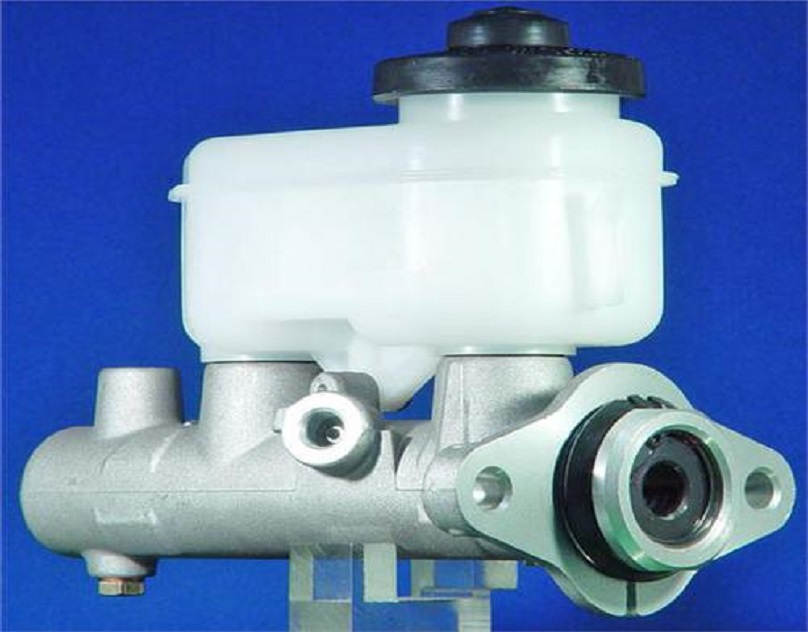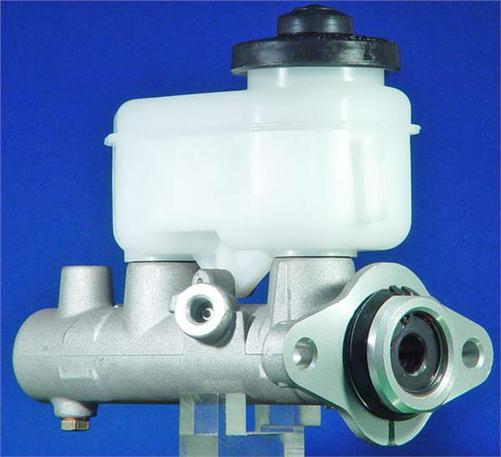The brake master cylinder is a vital component of your vehicle's braking system. It is responsible for converting the force applied to the brake pedal into hydraulic pressure, which is used to actuate the brakes. Without a properly functioning master cylinder, your vehicle's braking system may not function correctly, putting you and others on the road at risk. In this article, we will discuss the importance of the brake master cylinder and how to maintain it.
Understanding the Brake Master Cylinder
The brake master cylinder is located under the hood of your vehicle and is typically attached to the brake booster. When you press the brake pedal, a plunger inside the master cylinder is pushed forward, forcing hydraulic fluid through the brake lines and into the calipers or wheel cylinders. This creates the pressure needed to apply the brake pads or shoes to the brake rotor or drum, slowing or stopping the vehicle.
Types of Brake Master Cylinders
There are two primary types of brake master cylinders: tandem and non-tandem. Tandem master cylinders are used in vehicles with dual braking systems, providing redundancy in case one system fails. Non-tandem master cylinders are used in vehicles with a single braking system.
Maintaining the Brake Master Cylinder
Maintaining your brake master cylinder is essential for ensuring your vehicle's braking system operates correctly. Here are some steps you can take to maintain your brake master cylinder:
Check the brake fluid level regularly: The brake master cylinder contains a reservoir for brake fluid. Make sure the fluid level is between the minimum and maximum marks on the reservoir. If the fluid level is low, it may indicate a leak in the braking system.
Check for leaks: Inspect the master cylinder, brake lines, and fittings for signs of leaks. Brake fluid is corrosive and can damage paint, so look for any signs of discoloration or damage around the fittings.
Replace the brake fluid: Over time, brake fluid can absorb moisture, which can cause corrosion and damage to the braking system. It is recommended that you replace the brake fluid every two years.
Replace the master cylinder: If the master cylinder is leaking or not functioning correctly, it will need to be replaced. A failing master cylinder can cause a soft or spongy brake pedal, which can be dangerous.
the brake master cylinder is a critical component of your vehicle's braking system, and it is essential to keep it in good condition. By understanding how it works and how to maintain it, you can help ensure your vehicle stops safely and effectively. If you suspect an issue with your braking system or master cylinder, it is always best to have it inspected by a qualified mechanic.
For More Info:-






Comments